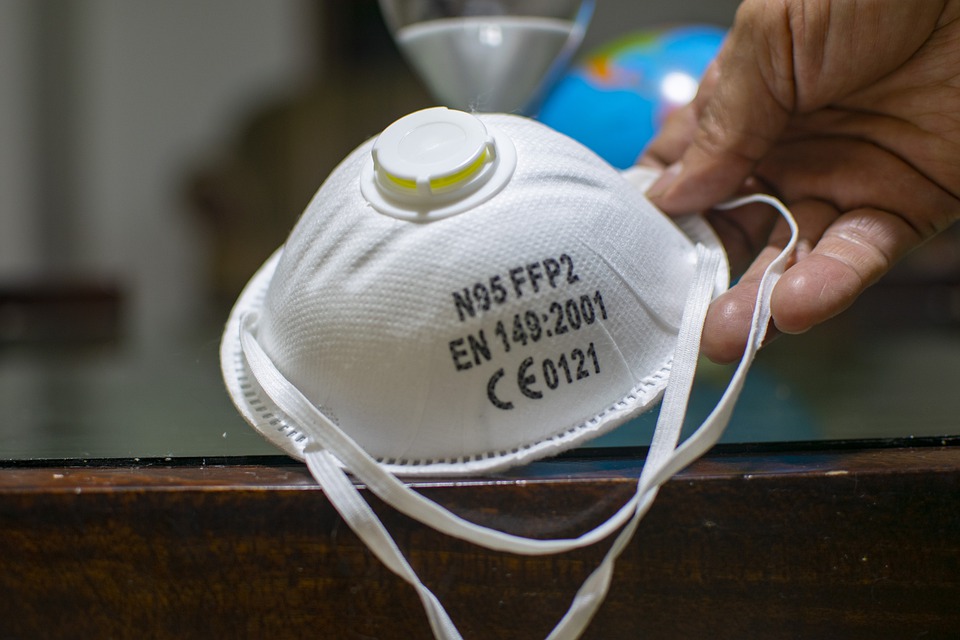
Are N95 masks necessary to protect the safety of healthcare professionals and patients?
If you were to believe the ministerial guidelines, you might not think so. According to an order from the director of Public Health, use of N95 masks should be limited to particular medical procedures known to generate aerosols. In the hopes of protecting the health network from a potential protective equipment shortage, he is justifying his decision based on the fact that the virus cannot be transmitted through the air.
But is that accurate?
VeriFIQation done!
According to the most recent data, experts cannot exclude the airborne transmission of COVID-19.
Last June, a large number of researchers and scientists from different countries alerted decision-makers about research updates and warned not to draw premature conclusions about the epidemiological characteristics of the virus and disease, especially as regards airborne transmission. In November, the Public Health Agency of Canada updated its guidelines on how COVID-19 spreads to include the risk of aerosol transmission.
Despite this, the Ministry of Health and the Institut national de santé publique (INSPQ) continue to limit the use of N95 masks. Healthcare professionals still don’t have access to these masks, even when their clinical judgement dictates otherwise. Some even received disciplinary sanctions for having used one.
No need to remind everyone that nearly 25% of all people infected are health workers. Protection standards should not be set based on equipment availability or knowledge that we know is incomplete.
Healthcare professionals should have the right to work in a context where their safety is guaranteed and to be assured that they won’t transmit the virus.